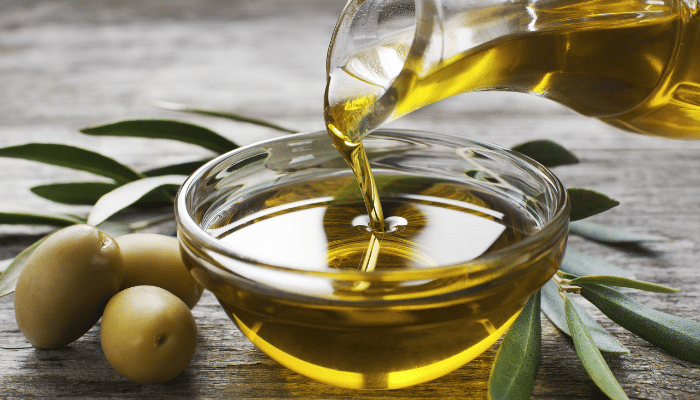The EU Directorate General for Health and Food Safety has published the 2018 edition of the
activity report of the European Food Fraud Network.
Food fraud is an intentional act committed by companies or individuals with the aim of misleading buyers and taking unfair advantage of it, in violation of Community legislation on the agri-food chain. Such intentional infringements may constitute a risk to human, animal or plant health, animal welfare or the environment with regard to GMOs and plant protection products.
The European Food Fraud Network refers to four key operational criteria to distinguish whether a case should be reported as a suspicion of fraud or as a case of non-compliance:
- Infringement of European Community law
- Intention
- Economic gain
- Deception of customers
Members of this network exchange information on possible intentional violations of legislation under the Administrative Assistance and Cooperation (AAC) system, an IT system that has been operational since the end of 2015.
A total of 234 requests for cooperation (178 in 2017) were launched under the CAA-FF in 2018 by EU Member States and Norway. The requests came mainly from Germany (58), France (32) and Belgium (23).
The products most affected by food fraud are:
- Fish and fish products (45)
- Meat and meat products (41)
- Oils and fats (29)
The majority of frauds are related to:
- Incorrect labelling (41.89%)
- Lack of documentation, falsified documentation (20.19%)
- Replacement/addition/dilution/modification of the product (19.25%)
- Unapproved treatment or process (13.21%)
- Intellectual property rights infringement (5.47%)
The report gives two examples of European cooperation in 2018:
- Olive oil: products have been sold as extra virgin olive oil instead of olive oil. They therefore did not meet Community standards and were of inferior quality (incorrect labelling, non-compliance with the quality requirement for extra virgin olive oil, a mixture of 30% refined olive oil and 70% extra virgin olive oil).
- Tuna: frozen tuna in brine sold as fresh instead of canned (treatment with authorised/unauthorised additives to promote colour change)
Phytocontrol brings you





